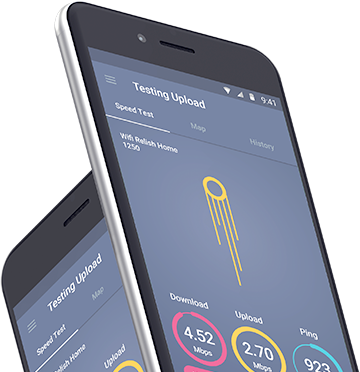Proximus' Download Speed Experience woes continued in our analysis of Belgium's regions. In our last report, the operator came top in Brussels and Flanders, and was held to a draw in Wallonia by Telenet. But in this report, we saw ties between the two in all three regions, as Proximus' score in Flanders fell by over 6 Mbps.
The close-run race in 4G Availability was mirrored in the regions, as we saw draws in all three. Proximus and Telenet tied in Brussels and Flanders, while there was a three-way draw in Wallonia. Unsurprisingly, our users in the urban region of Brussels enjoyed the best 4G Availability, with all three operators scoring over the 90% mark.
Things remained pretty tight in the regions for Video Experience, where we saw two-way draws in both Brussels and Wallonia, while Proximus kept its lead in Flanders. And the operator remained dominant across our other two metrics, as it won all six of our regional awards in Upload Speed and Latency Experience. In our latest report, Proximus remains the operator to beat — but its rivals are making some serious gains on the leader.
Select any region or city below to display individual breakdown



